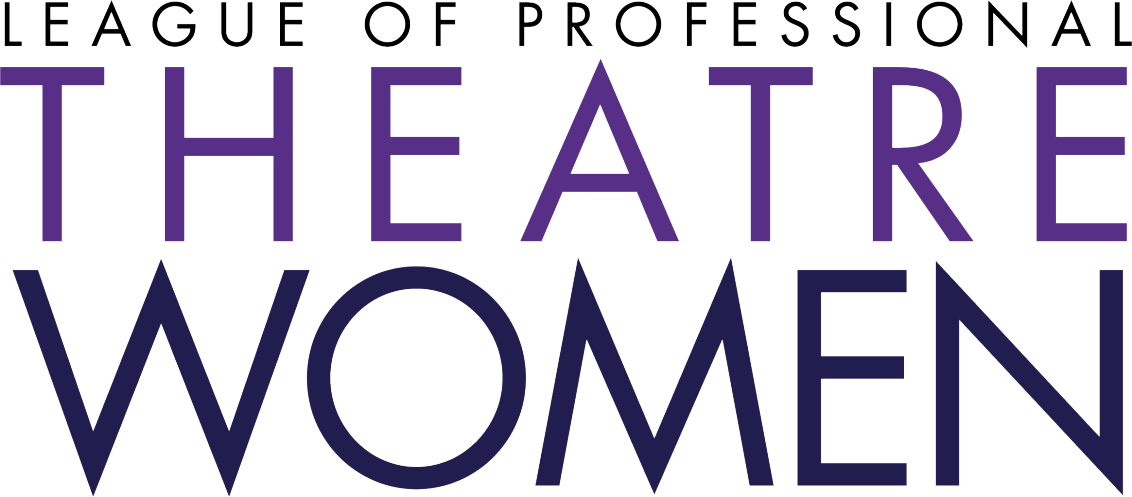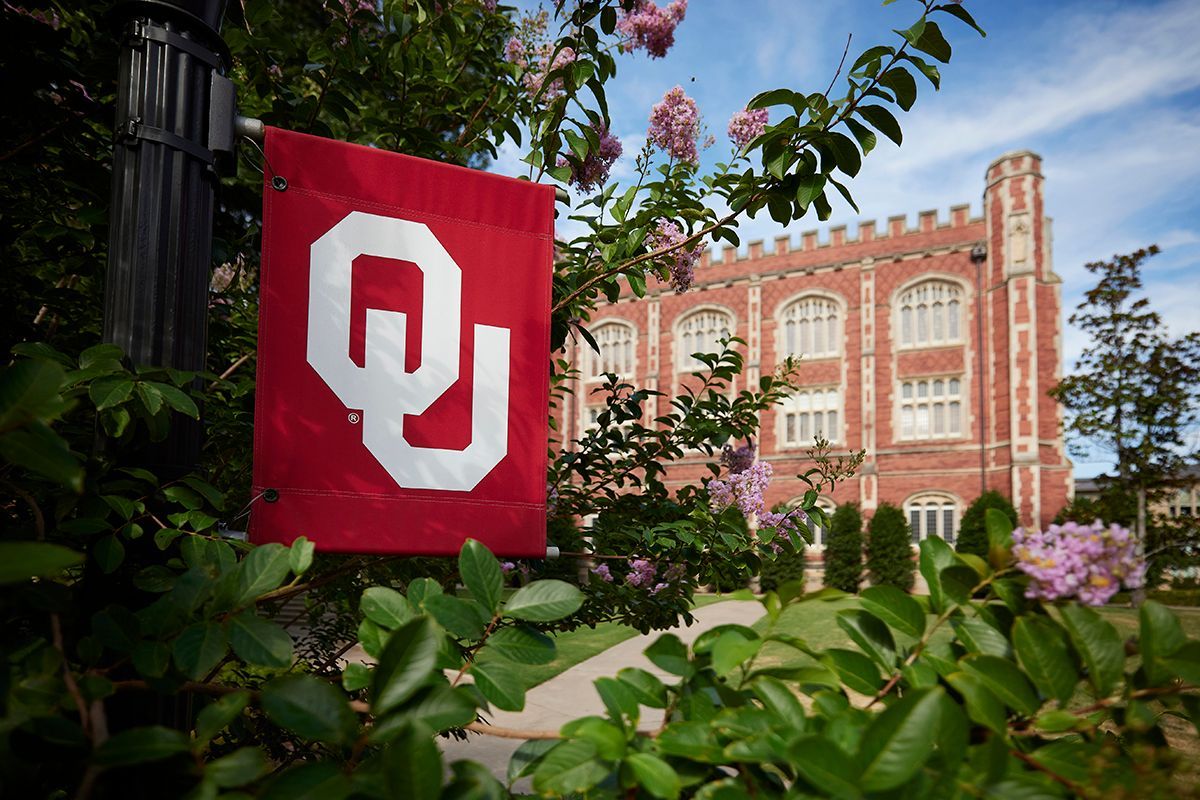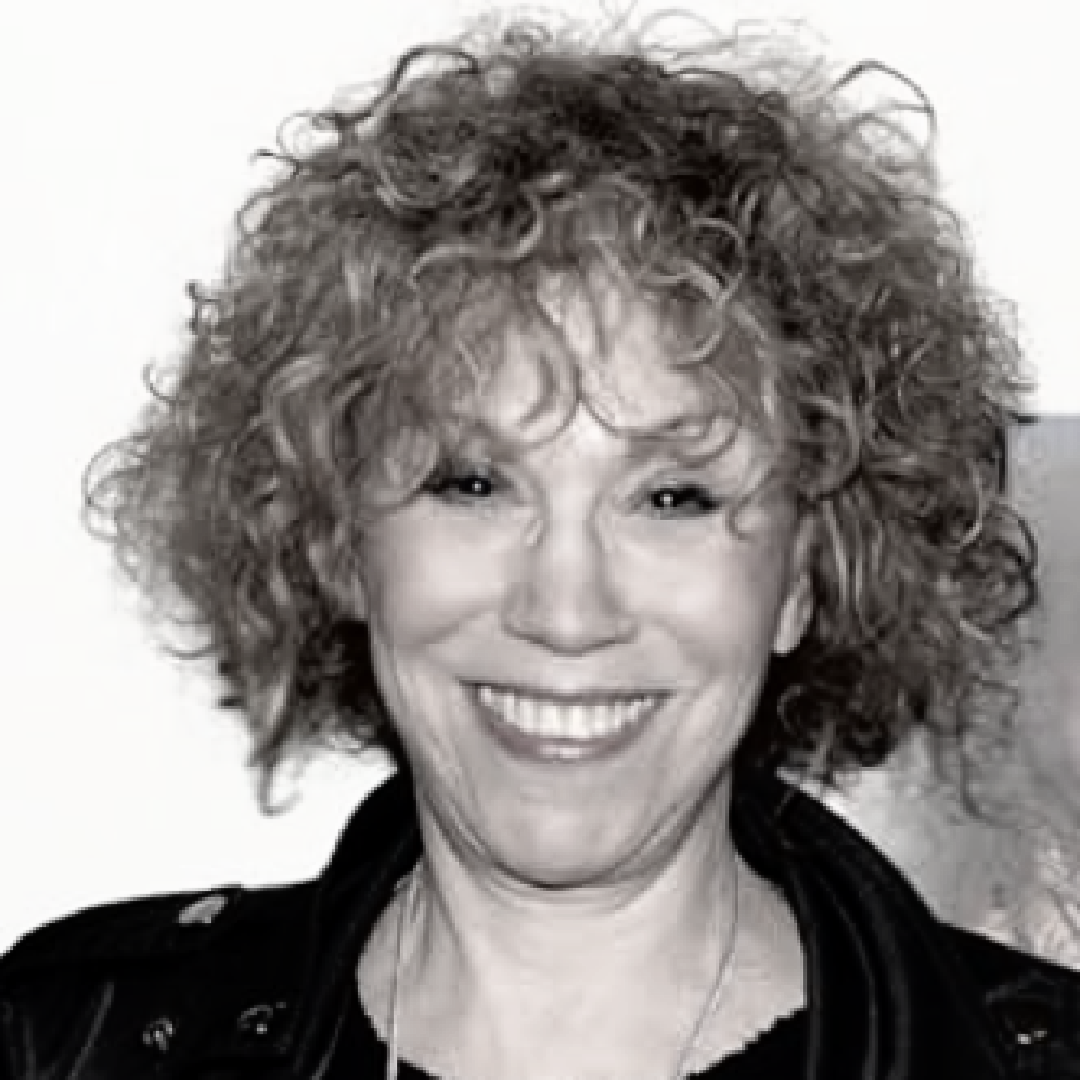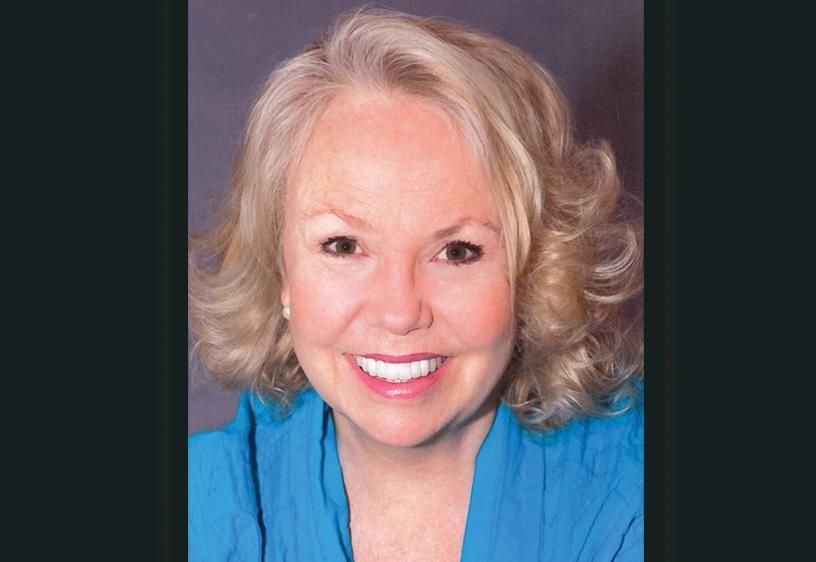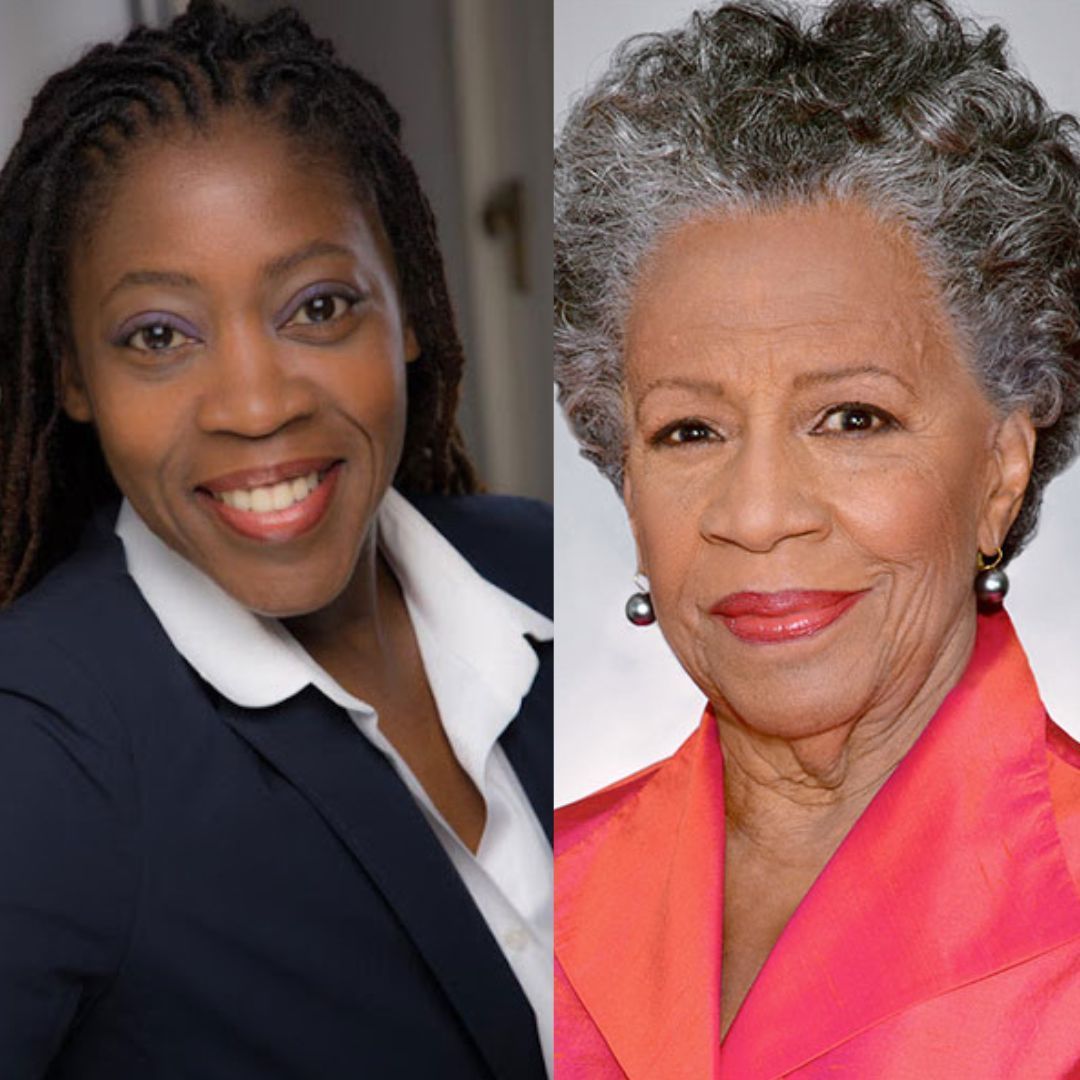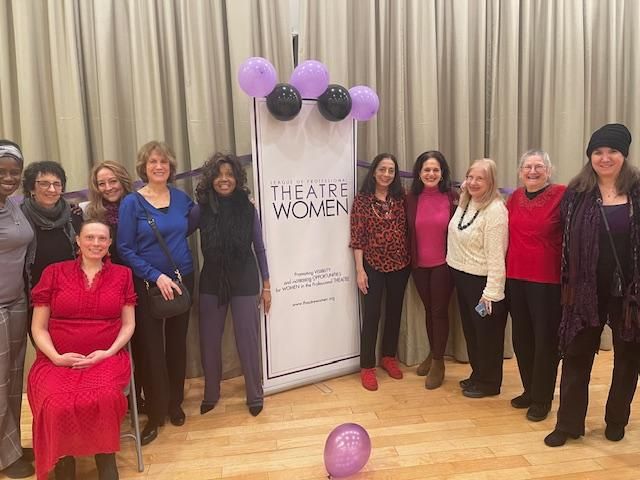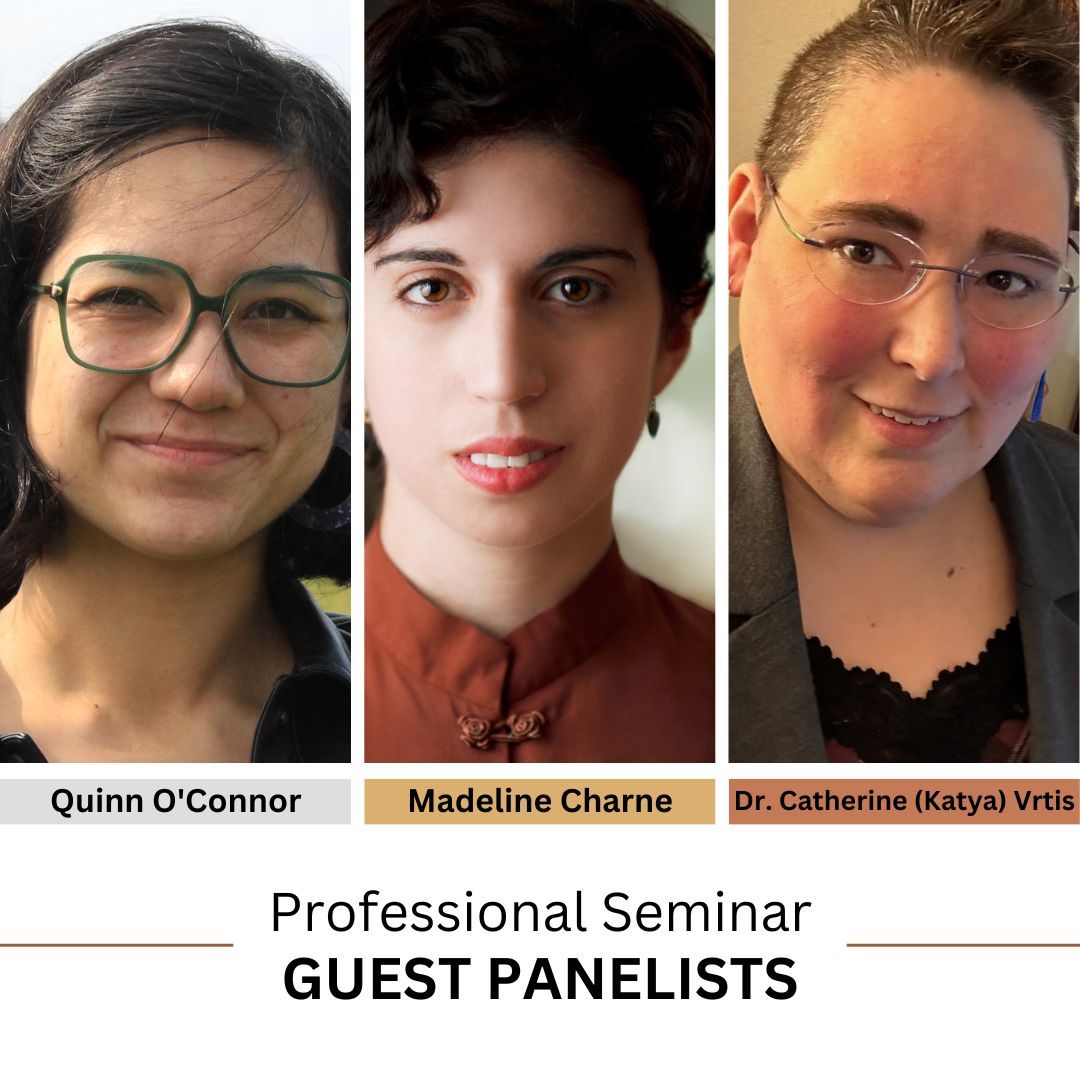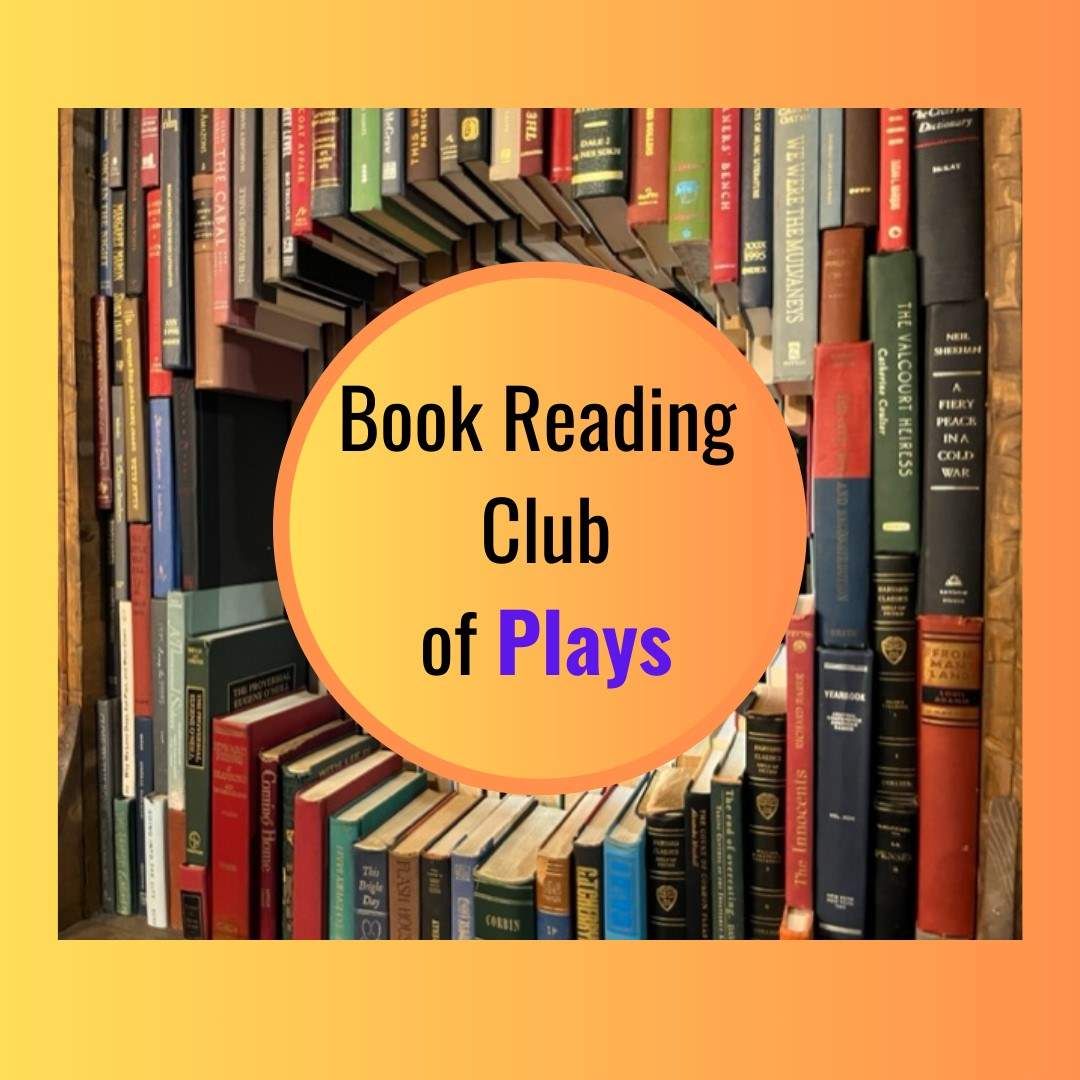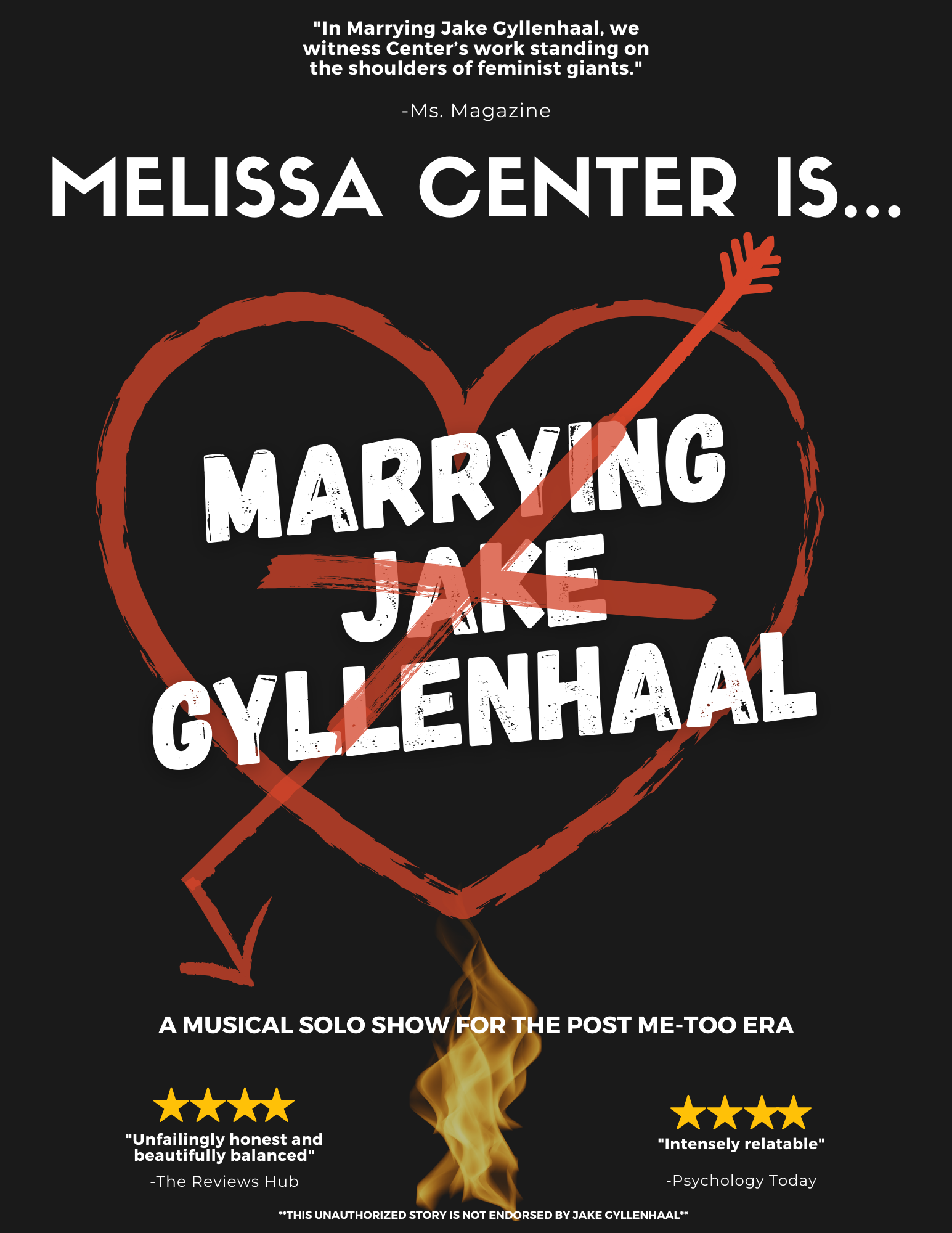Recap + : Theatre Connections with Luna Stage
Theater Connections on ZOOM with Luna Stage
Originally Posted on 6/14/2021
Luna Stage partnered with the League of Professional Theatre Women for the Spring Theatre Connections program, 2020-2021 season. Led by Cindy Cooper, Theatre Connections is a forum by which members LPTW members connect with artistic decision makers and leaders; this one was held on Zoom.
Malini Singh McDonald, former Co-VP of Communications for LPTW, moderated a discussion with Luna Stage’s Artistic Director, Ari Laura Kreith, and Liz Amadio, Treasurer for LPTW, moderated a Q and A session afterward.
Founded in 1992, Luna Stage has contributed to the development of over 100 new works for the stage. Luna develops and produces plays about local and global experiences, bringing communities together for artistic events that spark conversations and create understanding and change. Through innovative performance and education, Luna seeks to celebrate diverse voices, eliminate barriers to participation, and nurture the next generation of audiences and artists.
Cindy Cooper, Program Director for Theatre Connections, spoke briefly about the history of this LPTW program as a way for members to pull back the curtain and get an insider’s view of the vision, plans and opportunities in theatre organizations directly from the artistic director or other decision makers. Previous Theatre Connections programs have been at The Public Theatre, New York Theatre Workshop, Manhattan Theatre Club, the Vineyard, the Atlantic, WP Theatre (formerly the Women’s Project) and HERE Arts Center. Programs are generally held twice a year, and this is the third on Zoom.
Ari Laura Kreith is the Artistic Director of Luna Stage, a theater director and the Artistic Director of Theatre 167. At Luna, she recently directed the World Premiere of Mrs. Stern Wanders the Prussian State Library, Heartland (a NJ Star Ledger Top 10 Production of 2019) and Pirira. She co-created The Voting Writes Project at Luna Stage, and recently mounted Vaccine Monologues and #RIFT, a play presented through text messaging. Ari received the 2016 LPTW Lucille Lortel Award in recognition of her work as a director. She has a BA from Yale University and an MFA from UC Davis.
Summary of Questions from Malini:
MALINI: How do you get to a season?
ARI: Our vision of season coalesces. We look at the question a play asks and where does that lead us. For example, we’re coming out of this pandemic moment and we want to make sense of what just happened. So those questions are what I’m focused on when we review the submissions for next season. #RIFT (a play on now being presented that is delivered by text messaging to people’s cell phones) is going to have a culminating experience in the fall. So with this ‘text- message’ play, we needed other plays to complement it. Basically, our seasons are organic.
MALINI: That’s a fresh approach to curating a season.
ARI: I’m interested in the importance of the question. I’m interested in dangerous plays.
MALINI: Who are the artists that you tend to work with?
ARI: That process is organic. When I began to work with Jenny Lyn Bader, we met and started to work on small projects. It’s a matter of an artist showing up, and for us to get to know your work. Some of the selections for one of our virtual series were commissioned; others were from people in a class. We have a lot of openness as to who has exciting ideas.
MALINI: Do you take cold submissions or is it only through an agent?
ARI: Reading happens a lot of different ways. We are curious to hear from people that respond to the work. If someone is affected by the piece, then we may look at another piece of that person. We’re not the theater that reads looking for one thing. There’s a conversation when a work comes through the door and that is often seen in the context of previous work that the playwright has done. We resonate with plays that look at existential global questions.
MALINI: I want to quote from the mission of your company: “My first day that I was on the job, I got a tour of the community. I was driven down the street and someone said this is the most dangerous street in Orange. Two people were shot.”
ARI: I said, “I think there should be a play about gun violence this season”.
MALINI: Theater is how we reconstruct the world the way it wants to be.
ARI: We want to make it so people want to come into the building. So, we started doing site-specific work, and we wanted to make the process transparent. We felt that it was important to discuss the rise of fascism in America today.
MALINI: Do you program classes? Festivals? Musicals?
ARI: We’ve presented solo works, cabaret, readings and development, but, as of yet, no musical production. Perhaps we may present a two-person musical.
MALINI: Like much of the theatre community, Luna has been actively programming online. Will you continue with virtual programming?
ARI: That’s complicated. We’re moving into production with #RIFT. We are looking at how can we keep people online. Classes are one way, as is summer camp. Last year in our virtual summer camp, we had kids from Panama. We don’t believe that in order to have a theatre experience you have to walk through our front door.
MALINI: If one wanted to submit a piece to you, does it have to be a brick-and-mortar piece?
ARI: Absolutely not. However, we are not inclined to be a film company. But we are open to it.
MALINI: How can professionals get involved if they are directors or writers? What are your suggestions?
ARI: We don’t know what our process will be next season. In terms of writers, if what we do speaks to you, reach out. Send a synopsis and the reason why you think we might want to read it. For directors, if there is work you want us to see, please forward it to us. Designers, please reach out. For anyone submitting, a good question to ask is: ‘why does Luna interest you?’
MALINI: Do you have a company of actors?
ARI: We’re on an SPT2 contract (ed: Equity – Small Professional Theatre). So, we have a percentage of actors that do not have to be Equity. Some work with us and then are able to get their Equity card.
MALINI: I see you program classes year-round.
ARI: We teach acting and playwriting. Feel free to pitch us with your class proposal.
MALINI: Concerning rentals, do you work with other producers?
ARI: Sometimes we rent our space, but we are programming a lot so it’s not always available.
Q and A Session:
LIZ: How has your experience with virtual programming informed your creative vision in getting back to the real world?
ARI: We love the expanded sense of access. What’s evolved for us is an appreciation of using technology to support people accessing theatre. Using technology to support their experience is one piece. Geographic freedom is another piece.
LIZ: Regarding the play by text-messaging -- how does that work? Is the play texted to the audience?
ARI: Initially, people sign up with their cell phone number. The arc of the play is eight weeks, but you’ll receive something every day. Three to four times a week, you’ll get a text to your phone. Sometimes it’s a link to SoundCloud. Sometimes it’s a personal message. A group can sign up in a cohort and each person has a piece of the experience. As we’re developing the piece, we’re asking for responses from the audience and we’re going to use them in the piece.
LIZ: So each person is getting a unique version of this.
ARI: Yes.
LIZ: Are you willing to do a workshop about writing a text-messaging type play?
ARI: We have learned how to do this, so it would be a thing we could do.
LIZ: What has been the response of your community to your programming?
ARI: We have been fortunate to find an eager and enthusiastic audience. People have been showing up, so that has been wonderful.
LIZ: How has your own work with Theatre 167 in Queens, which you guided previously, influenced your work at Luna Stage?
ARI: Luna has inspiration from the crossroads of its community and actors. It was my interest in what would it be like to ask a question in a totally different context. I brought a number of actors with me in this venture.
LIZ: It sounds like content rather than the process is what you were able to continue into another community.
ARI: To me, content and process are active. We ask a set of questions and then look at what comes out of it for that community.
LIZ: Summer camps are coming soon. Is there an opportunity to pitch ideas for teaching? What are the ages for the summer classes?
ARI: Currently, we have classes for grades three to five, middle- and high-school cohorts. We program four 1-week sessions for grades 3-5. Middle- and high-school classes are a 4-week session.
LIZ: Do the attendees of your classes come from diverse backgrounds?
ARI: We have a relationship with an organization that has underwritten our educational program. We have a bilingual Spanish/English teen conservatory. That encapsulates our education programming in that a wide range of kids from English to Spanish speakers, rehearsed the play, which was then offered to other performance spaces, such as libraries, etc. We want to ensure access and let everyone be an expert.
LIZ: Do the kids make up the plays?
ARI: Sometimes young people develop the work and sometimes we commission the work. We are open to doing theatre for young audiences. For example, student matinees.
LIZ: Do you program adult education?
ARI: We program adult playwriting and scene study.
LIZ: Is the summer sublet series already set?
ARI: It is not because it was we weren’t sure how open we would be.
LIZ: Would you be interested in some Italian culture?
ARI: When I was first considering this job, I went to a coffee shop nearby, and it was all Italian, and all men. The men said there was no theater here. But they all told me their stories. I’d like to go and do something with that.
LIZ: How do you handle translation for the audience?
ARI: We look for ways to make the performance accessible. Sometimes audiences don’t understand the language. We think about ‘Where do we lose people?’ ‘How do people understand?’
LIZ: How does collaboration -- like the one with Ping Chong (2.2 Square Miles of Soul: Voices of Orange), just opening -- come about?
ARI: Sarah Katz who was the AD of Ping Chong lived in Jackson Heights when I was working there with Theatre 167, and was invited to see our work. I was interested in the ways our work was intertwined. So we began to see an artistic relationship. We have this ‘Secret Cities’ initiative--stories that are inspired by spaces. We were talking about working together before the pandemic. The Ping Chong company does interview-based work and they perform one another’s stories. That worked for us. But because of Covid restrictions, Ping Chong helped people tell their stories, and we filmed that.
LIZ: Regarding the gun violence prevention play. How was it received by the community? Did it prompt legislative action?
ARI: We didn’t overtly do a gun-violence prevention play. It was about family members who have lost loved ones. We still had a situation one night where the police showed up at the theater, and we had to negotiate with them to leave.
LIZ: Is there a specific demographic to your community that we way may want to pitch to?
ARI: To me the question is: how does this piece illuminate our experience of humanity?
Report created by: Suzanne Willett
Luna Stage
Contact Information:
Ari Laura Kreith (she/her/hers)
Artistic Director
https://www.lunastage.org/
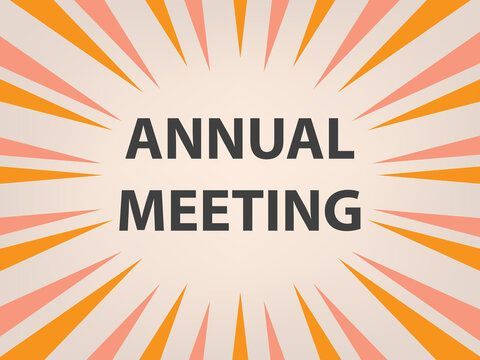
CONTACT US
22 East 30th Street Suite 307 New York, NY 10016
Phone:
(646)
389-5676
General Inquires:
admin@theatrewomen.org
Special thanks to our Brava Sponsor, Showtime Networks Inc.
The LPTW Professional Development and Heritage Programs are made possible, in part, by the New York State Council on the Arts with the support of the Office of the Governor and the New York State Legislature, and by Public Funds from the NYC Department of Cultural Affairs in Partnership with the City Council.
